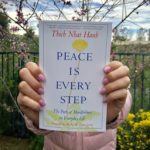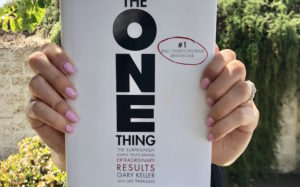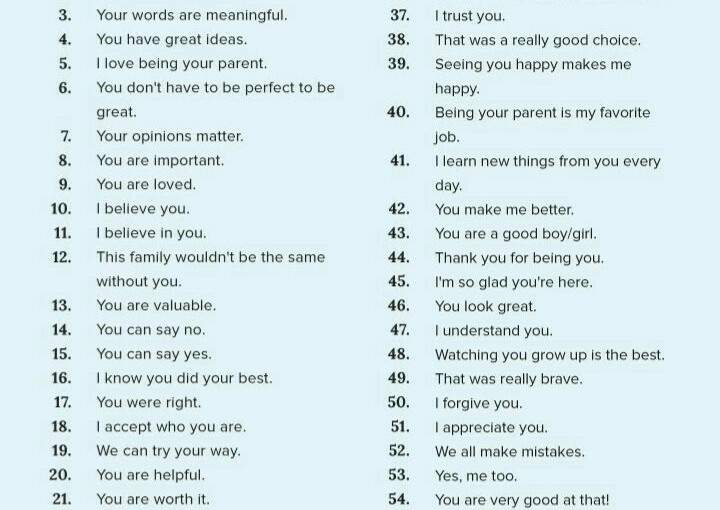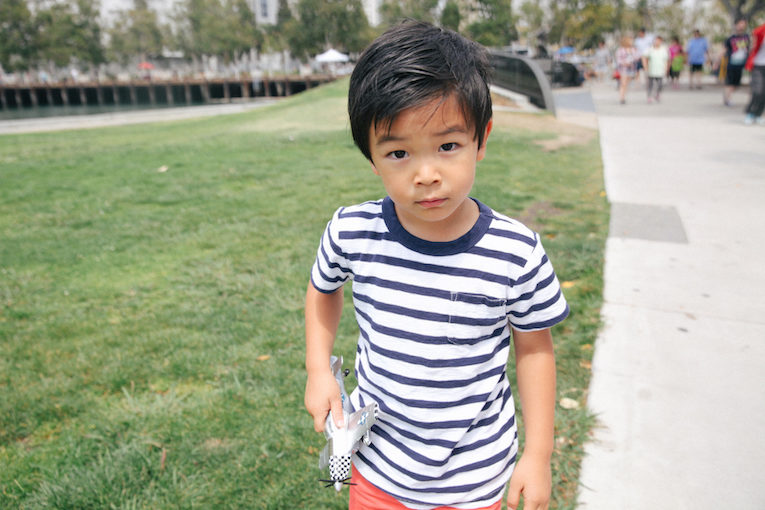
I decided that day three would be dedicated to mindfulness. It’s a topic that I’m interested in learning more about, to really live in the present and not worry about the past or future. It sounds so easy to do but I know it takes a tremendous amount of practice.
I was introduced to the Vietnamese Buddhist monk and peace activist Thich Nhat Hanh by my father-in-law, who practices his walking meditation. Nhat Hanh coined the term “Engaged Buddhism” which refers to Buddhists who are seeking ways to apply the insights from meditation practice and dharma teachings to situations of social, political, environmental, and economic suffering and injustice. When he was just a teenager, he left home to become a Zen monk. He’s taught at Columbia University and was nominated by Martin Luther King Jr. for the Nobel Peace Prize. Can you believe how many books this monk has written? Over 100 with more than 40 in English! I could go on and on about Nhat Hanh, he’s established schools, built healthcare clinics, and helped rebuild villages, but it’s time to get down to business.
Brief Synopsis: Peace is Every Step reminds us that we can find peace in any available moment. To him, a ringing bell can be a gentle reminder to call us back to our true selves. He’s a firm believer in practicing mindfulness, truly experiencing the present moment, everywhere we can, in the kitchen, driving a car or even walking in a park. He provides exercises to increase awareness of our own mind through conscious breathing and he shares beautiful poems that you can’t help but want to remember. His thought-provoking, beautiful stories will captivate you and will really make you see how we’re all interconnected.
Top 5 Quotes:
“Breathing in and out is very important, and it is enjoyable. Our breathing is the link between our body and our mind. Sometimes our mind is thinking of one thing and our body is doing another, and mind and body are not unified. By concentrating on our breathing, ‘In’ and ‘Out,’ we bring body and mind back together, and become whole again. Conscious breathing is an important bridge.”
“While we practice conscious breathing, our thinking will slow down, and we can give ourselves a real rest. Most of the time, we think too much, and mindful breathing helps us to be calm, relaxed, and peaceful. It helps us stop thinking so much and stop being possessed by sorrows of the past and worries about the future. It enables us to be in touch with life, which is wonderful in the present moment.”
“We usually think that parents have to nourish their children, but sometimes the children can bring enlightenment to the parents and help transform them.”
“One word, one action, or one thought can reduce another person’s suffering and bring him joy. One word can give comfort and confidence, destroy doubt, help someone avoid a mistake, reconcile conflict, or open a door to liberation. One action can save a person’s life or help him take advantage of a rare opportunity. One thought can do the same, because thoughts always lead to words and actions. If love is in our heart, every thought, word, and deed can bring about a miracle.”
“The secret to happiness is happiness itself. Wherever we are, any time, we have the capacity to enjoy the sunshine, the presence of each other, the wonder of our breathing. We don’t have to travel anywhere else to do so. We can in touch with these things right now.”
A Good Story: Nhat Hanh has a friend who is an artist. Forty years ago, before he left Vietnam, his mother held his hand and told him, “Whenever you miss me, look into your hand, and you will see me immediately.” Over the years, his friend would look into his hand many times. He feels her spirit and her hopes. When he looks into his hand, he sees thousands of generations before him and thousands of generations after him. He never feels lonely.
Takeaway Tips:
We have the ability to transform our lives right now. Practicing mindfulness can be something we incorporate into our daily lives.
When we look at our parents with compassion, we can see that they were only victims who never had a chance to practice mindfulness. They could not transform the suffering in themselves. If we can see them with compassionate eyes, we can forgive them.
The essence of love and compassion is understanding, the ability to recognize the suffering of others and put ourselves in their shoes. We can meditate about a person who is suffering and not just say “I love him very much” but instead “I will do something so that he will suffer less.”
My Biggest Takeaway:
I recently had a fight with my husband Sam and both of us had been stewing over seemingly nothing for a few days. There’s this chapter in the book called Living Together that talks about, how when we live together, happiness is no longer an individual matter. “If the other person is not happy, we will not be happy either.” He suggests saying to your partner, early on, “Darling, I think we’d better discuss a conflict I see growing.” The root cause of most problems is a lack of understanding. If we can stop a fight before it gets worse, and recognize the misunderstanding, we can easily untie the knot.
Who is This Book For?: Anyone who is open to studying mindfulness. If you feel overwhelmed with life and need to find ways to enjoy it more, read this book.
Why Do I Recommend This Book?: I decided that from now on, I’ll only write about books I love. I started reading a book today and had to stop a quarter of the way in because it didn’t speak to me. That’s why I’m changing “Do I Recommend This Book” to “Why Do I Recommend This Book?”
I recommend this book because the simple stories make you smile. It’s light but deep.








0 comments